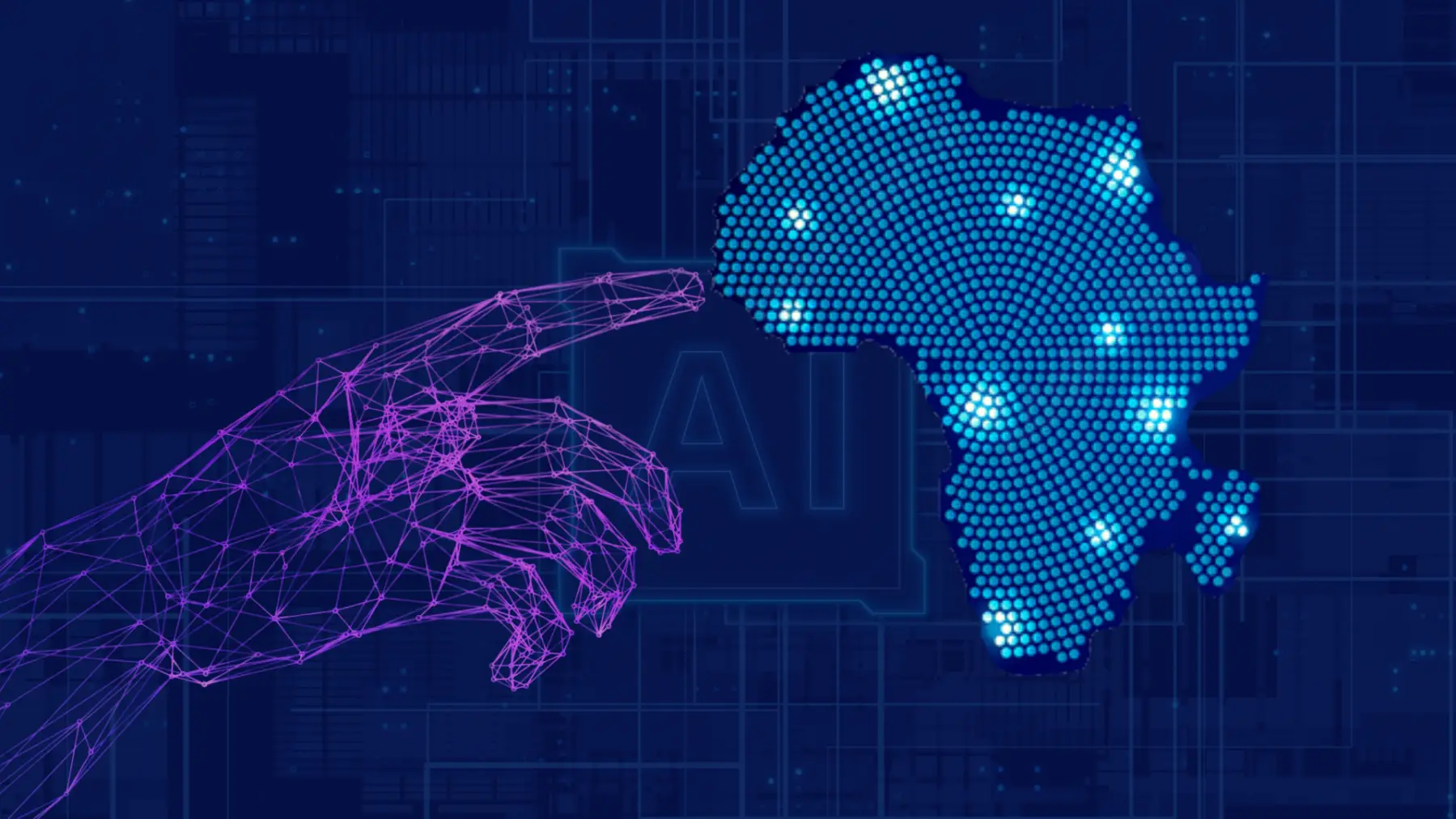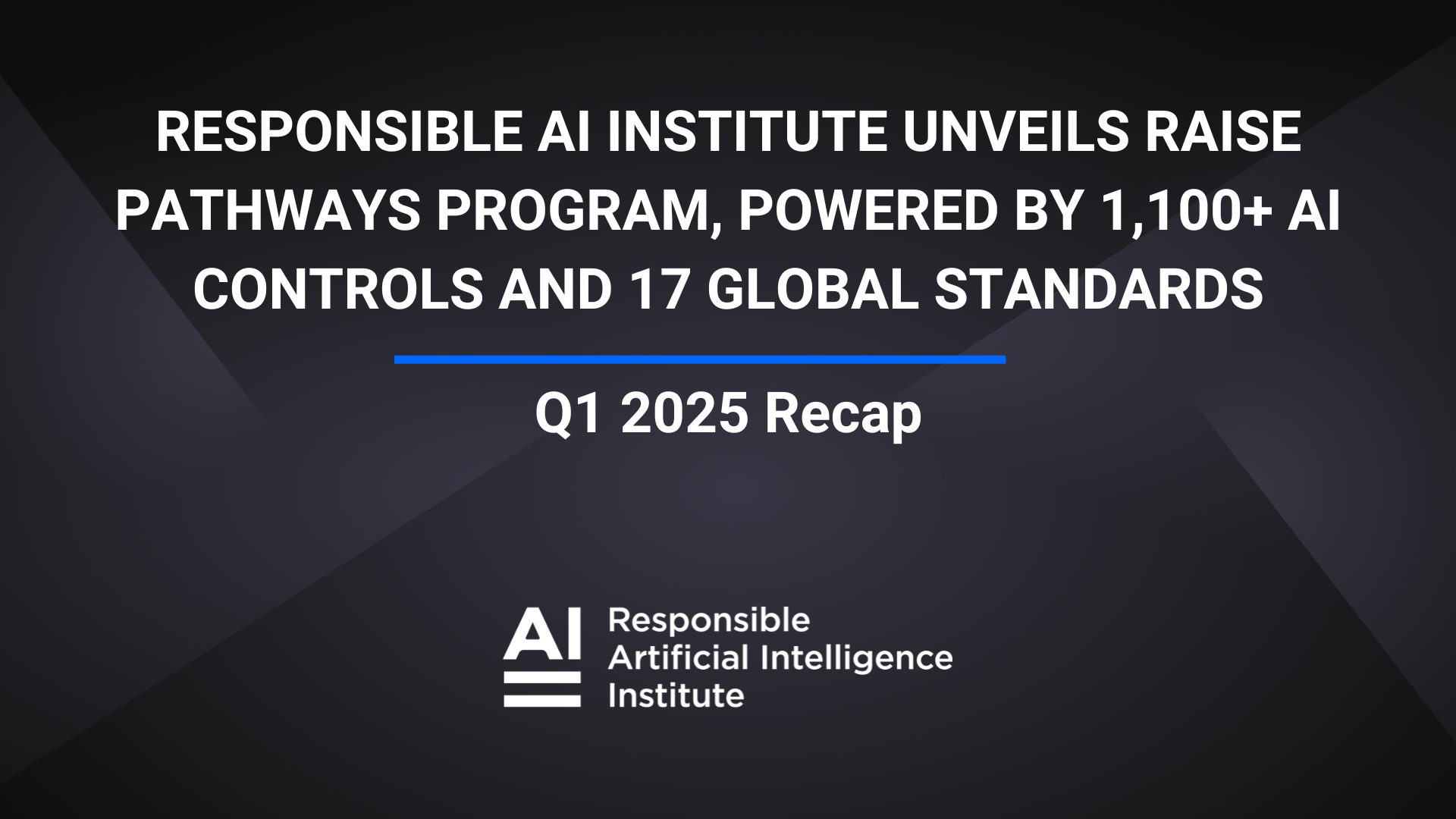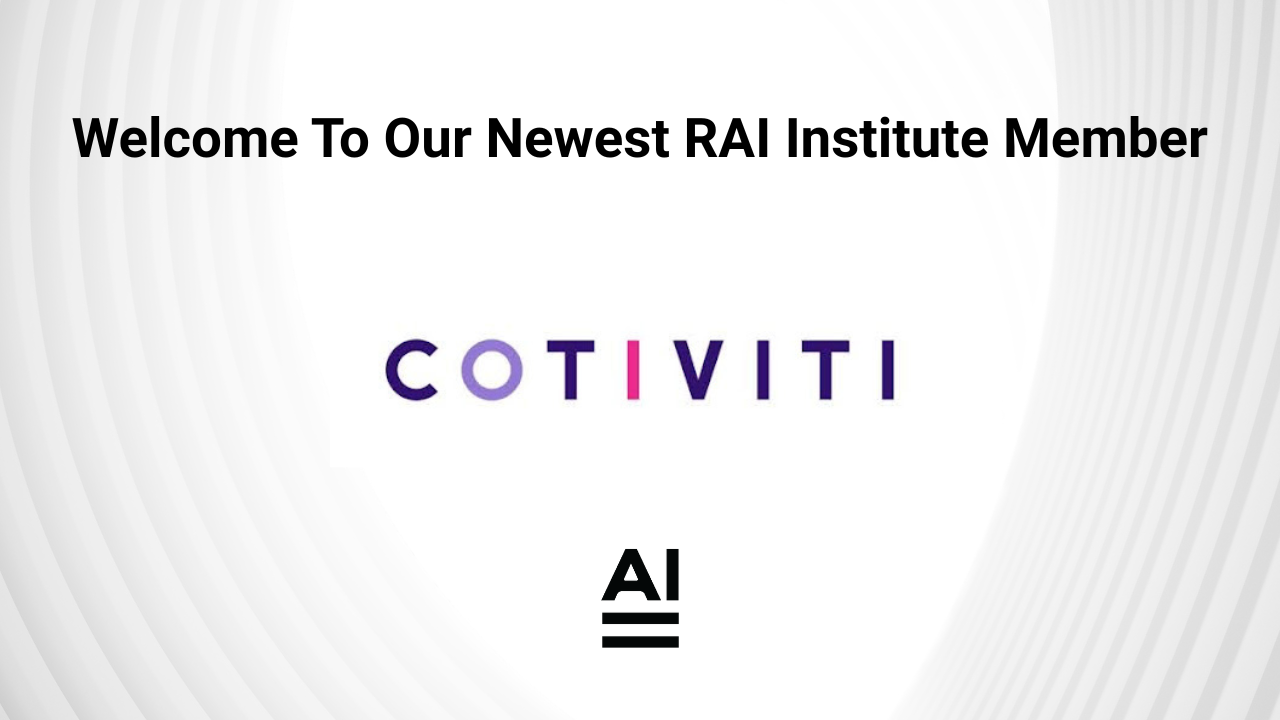AI has become fundamental to every system of functioning today. It is used by everyone—governments, public institutions, educational and healthcare institutions and every business starting from social media platforms to banking for automated hiring of new people, fraud detection or fair landing, promotion strategies and automated medical diagnosis and treatment—you name it.
Brief history overview
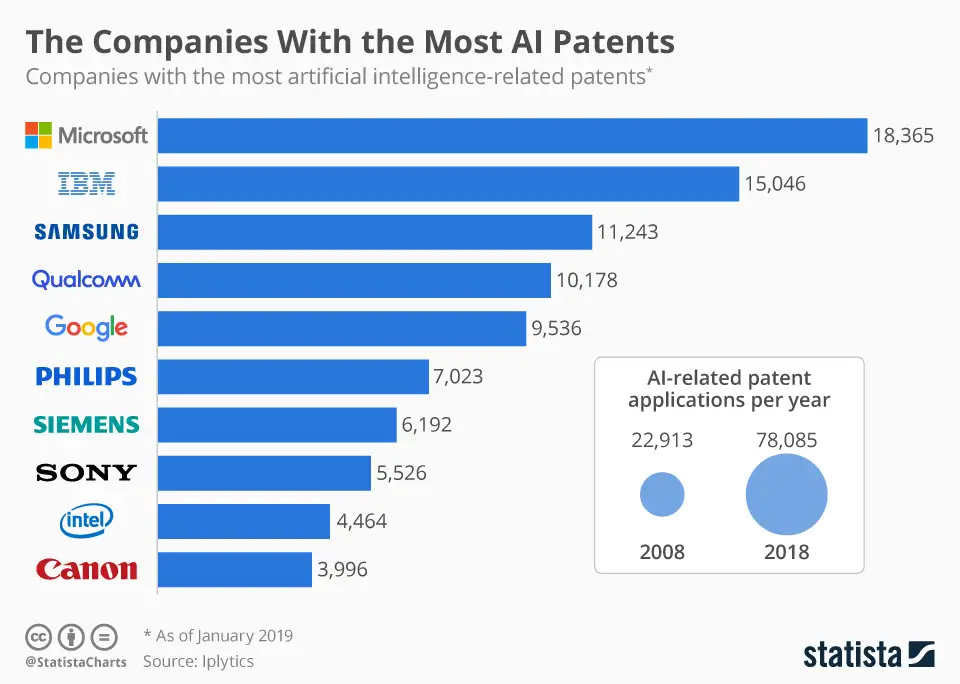
With time, AI has clearly developed vastly and it’s always a good idea to step back and revise the steps of how it took over our everyday living, where it stands now and how that can show and predict where it is transitioning to go. From the history of AI development, we can see names such as John McCarthy or Allen Newell pioneering artificial intelligence. Not much has changed today, as the field is continuing to be dominated by male presence. Similarly,, this also states that most of the analysis, the research, the consultations, perspectives, and critical insights that went into AI today are from rich, developed Western countries. For instance, today’s tech giants that are posing their hands on AI are IBM, Google, Microsoft and Amazon.
As much as this has a positive side of investing in the designs of the AI industry growth, this has led to making the use of AI prone to different AI bias and AI irresponsible predictions that support today’s present discrimination, racial profiling, and other injustices to the underrepresented communities and undeveloped countries in general. For instance, Africa is a perfect leading example of how technology and AI can touch upon these issues. However, the extraordinary side of AI is that despite all of the negative implications, it can be used as a transformative tool to make amends.
AI applications in Africa
To start with, Africa is a continent abundant with resources, and if applied responsibly, AI can help tackle the economic and social problems that it faces. From agriculture and remote health to employing the 2,000 and counting languages that are widely spoken across the region. And this is already starting to be implemented. There are regions of Africa that have the potential to become leading tech centers of innovative AI use such as Kenya, Nigeria, and South Africa, all which have been applying AI to address needs in health, agriculture, fintech, public transportation, and language translation.
Such an example is Ilara Health, an organization making health services more accessible and affordable to all people through embedding AI into diagnostics. Connecting the important actors and experts within the field of AI is also of immense importance, and initiatives such as AdaLabs are building AI labs and networks of young professionals, AI start-ups, and everyone that is related to AI-driven positive impact. Last but not least, as the agricultural sector is one of the most predominant sectors in the African economy, AI can assist combat the challenges that are being faced. For instance, the ITIKI Drought Prediction tool is seeking to combine indigenous knowledge and AI to provide an effective and affordable drought prediction tool to local African farmers.
The narrative of re-colonization through tech
However, there are still a lot of areas of improvement in order to use the implementation of AI for economic and social prosperity of Africa. As every ‘developing’ region, Africa needs to work on financial inclusion, combating cultural and linguistic marginalization and infrastructure issues such as the connectivity problem and no equal access to the internet.
So why is this so difficult to overcome and use the power of AI to enact social change by responsible, more inclusive practices? In the latest survey by UNESCO, it is highlighted that in Africa there are gaps in policy formulation across different domains like data protection, education and skills for AI among others.On top of this, to catch the momentum, a number of multinational companies such as IBM, Google, Microsoft, and Amazon are investing in and opening AI labs in Africa. The usual case is that these investments import ready-to-use softwares that more often cannot be used in local African context since they lack the insight in the specific and unique African diversity.
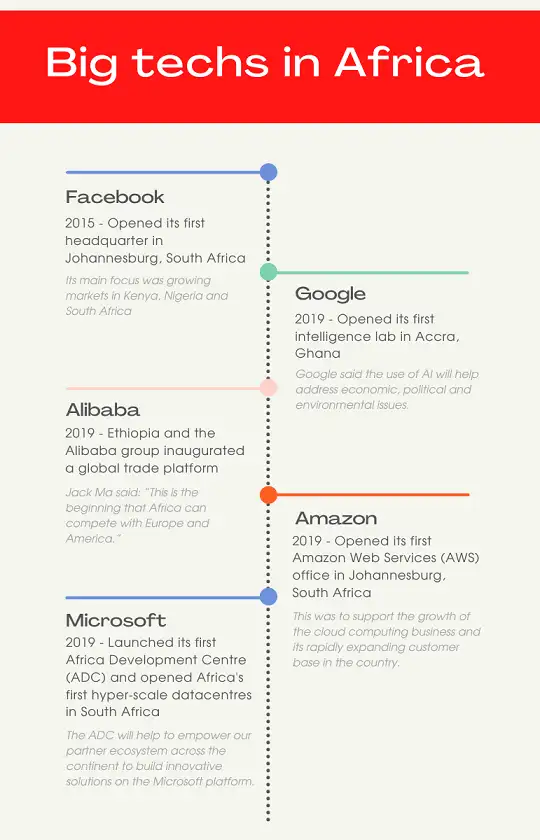
Furthermore, African companies run the risk of being less competitive than their multinational rivals in their home markets and taking into consideration the issues related to connectivity, reliable infrastructure, Africa’s digital divide will only be exacerbated by the ‘imported’ AI and supporting even more the implications of AI bias that will follow, such as AI gender bias, AI racial bias, AI language bias and AI age bias. The solution is to try to use this gap and stop following the narrative of dependence on the stronger foreign companies, but rather AI applications tailored to local needs and contextualized AI policy approaches that will catalyze innovation ecosystems and accelerate sustainable local development. This will also contribute towards the overall evolution of the AI field and removing the barriers for creating a bias-free and inclusive tech world and also to the general socio-economic development.
There are a couple of initiatives that already work on assisting in this manner. Such an example is KOSA AI, who offers responsible AI systems and machine learning allowing individuals and organizations to gain insights that would otherwise be impossible for humans to observe and analyze. KOSA AI’s inclusive approach is contextualizing the AI within the social and economic realities by the help of their unique and diverse databases. Their focus is on measuring fairness, accountability, transparency as well as safety and security. This is of immense importance since these focuses should be at the core of any technical, responsible and regulatory framework, especially in sectors such as healthcare, financial services and public sectors. KOSA AI’s mission is to make technology more inclusive of all ages, races and genders and to drive societal change with ‘no one left behind’ perspective.
Sources:
Developing an Artificial Intelligence for Africa strategy
https://internews.org/commentary/ai-digital-divide-african-perspective/
http://www.scielo.org.za/scielo.php?script=sci_arttext&pid=S2077-72132020000200002
https://en.unesco.org/news/unesco-launches-artificial-intelligence-needs-assessment-survey-africa
https://medium.com/good-data-initiative/farming-smarter-with-ai-in-africa-73b5fa553fc

